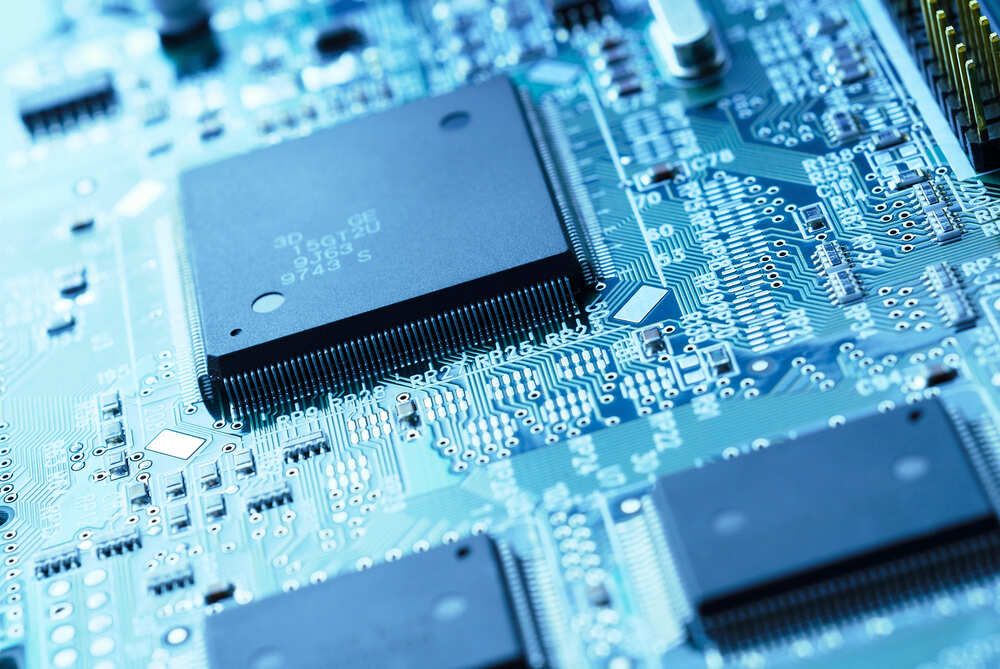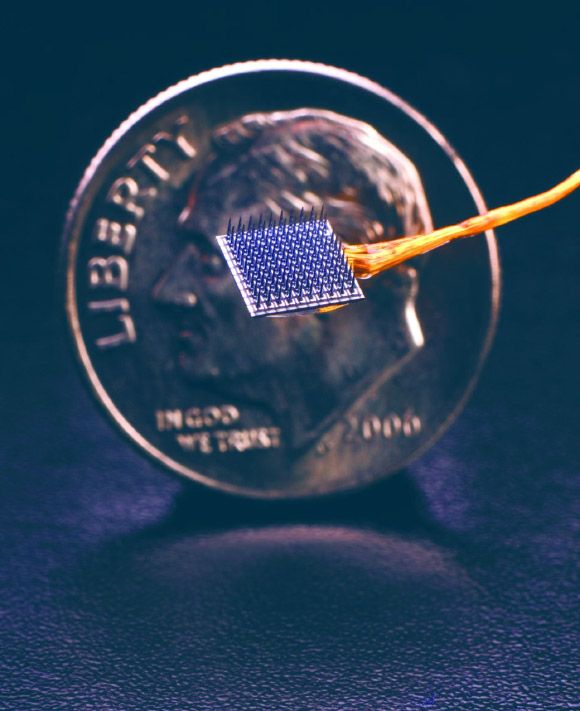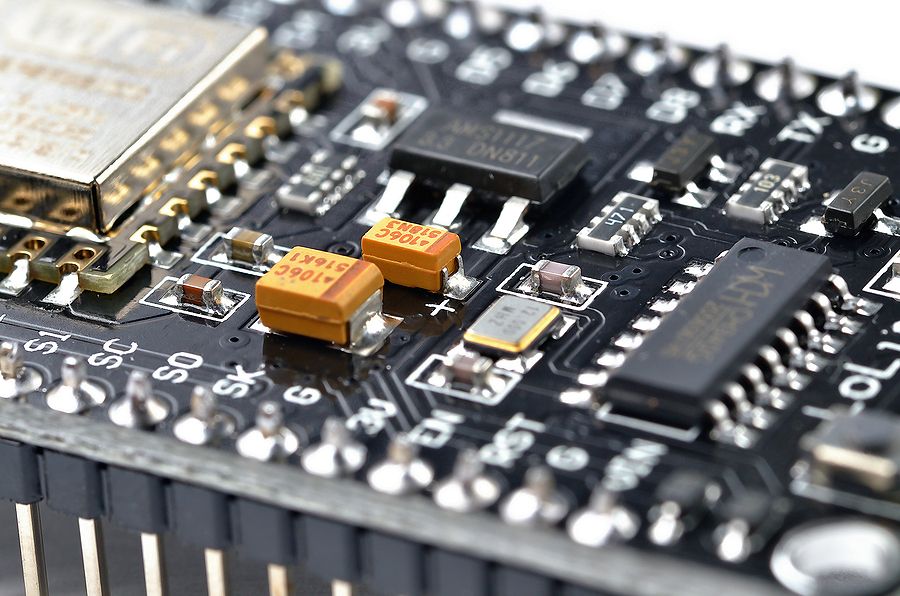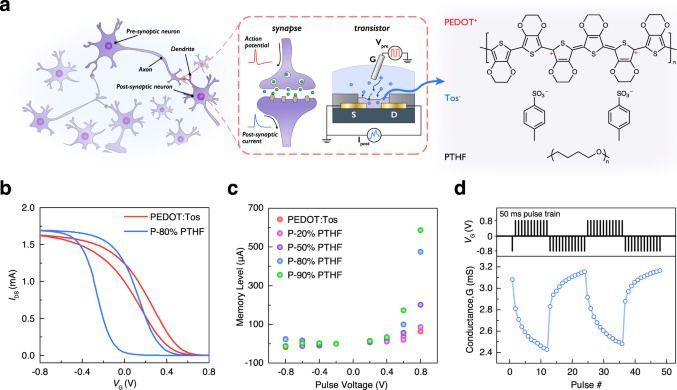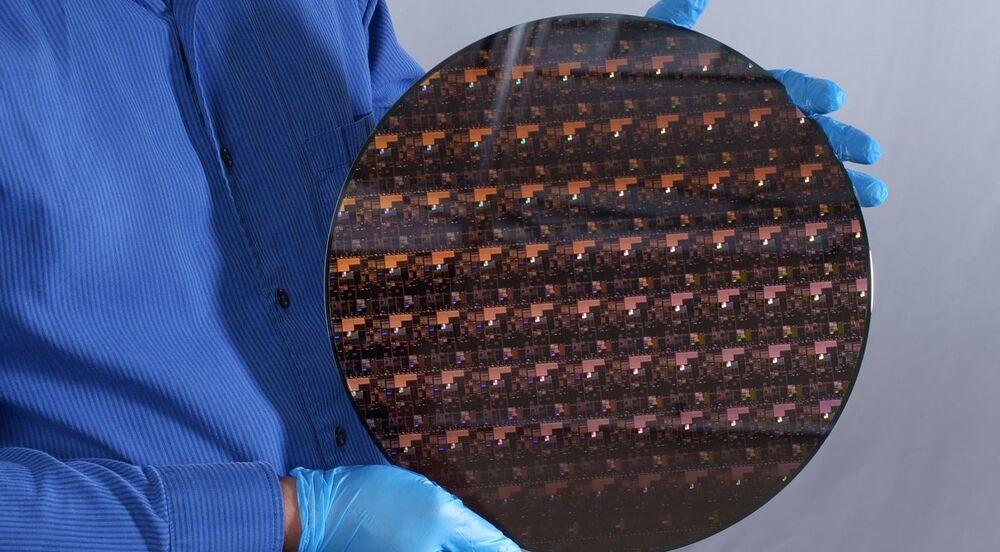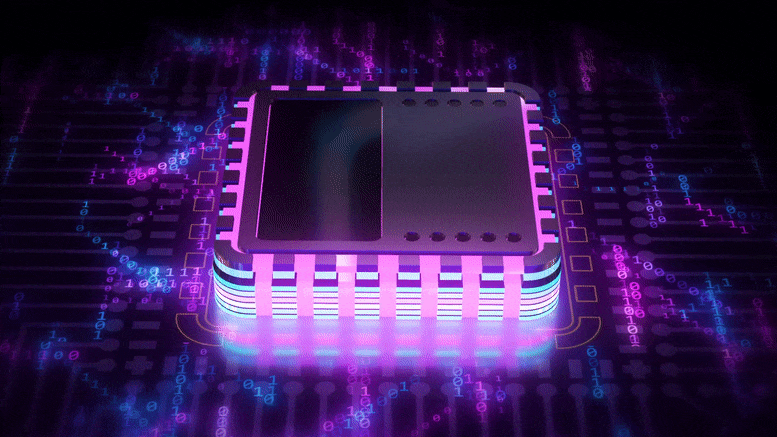It’s bad out there for customers of electronic parts and components. The semiconductor shortage is so severe it’s being covered by mainstream media; meanwhile, various politicians have tasked their aides with looking at the global supply chain. Indeed, in the short term, the dearth of chips is already leading to product delays, companies redesigning their parts, and higher device prices. But over the long term, it could usher in a complete rethink of the way electronics parts are designed.
Peggy Carrieres, VP of global sales development and supplier enablement at Avnet, told me she expects the shortage to contribute to engineers reducing the number of physical components used and turning instead to software to handle functions that had historically been done in hardware. The shortages tied to the pandemic are an accelerator for this shift, but it has been happening for years as the industry adjusts to the end of Moore’s Law and the ability to eke out more performance at lower costs.
I had reached out to Avnet because I was interested in what it was seeing from its customers as the chip shortage dragged on. Avnet is a distributor, so it acts as a middleman between electronics components suppliers and the end customers of those parts. Someone building a new electronic device could work with Avnet to source the parts from an existing design, for example, or to build a design out of available parts that fit within a specific price.
